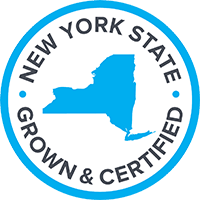 State Agriculture Commissioner Announces Application Now Open for NYS Grown & Certified Agricultural Producers’ Grant Program
State Agriculture Commissioner Announces Application Now Open for NYS Grown & Certified Agricultural Producers’ Grant Program
$5 Million Available Statewide to Help NYS Farmers Meet Food Safety Standards and Participate in the New York State Grown & Certified Program
Funding Provided in the 2017-18 New York State Budget Deadline for Eligible Applicants to Apply through the State’s Regional Economic Development Councils Consolidated Funding Application is Friday, July 28
State Agriculture Commissioner Richard A. Ball today announced that eligible applicants can now apply for the $5 million New York State Grown & Certified Agricultural Producers’ Grant Program. Funded through the 2017-18 New York State Budget, the program is part of the Regional Economic Development Councils process. It was created to assist New York State agricultural producers meet food safety standards and join the New York State Grown & Certified program.
More information on the Agricultural Producers’ Grant Program here, or contact District Technician, AEM Specialist Ian Priestley
Email: priestleyswcd@rochester.rr.com

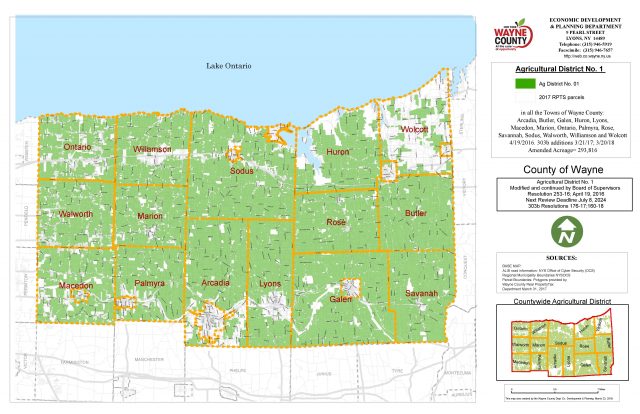
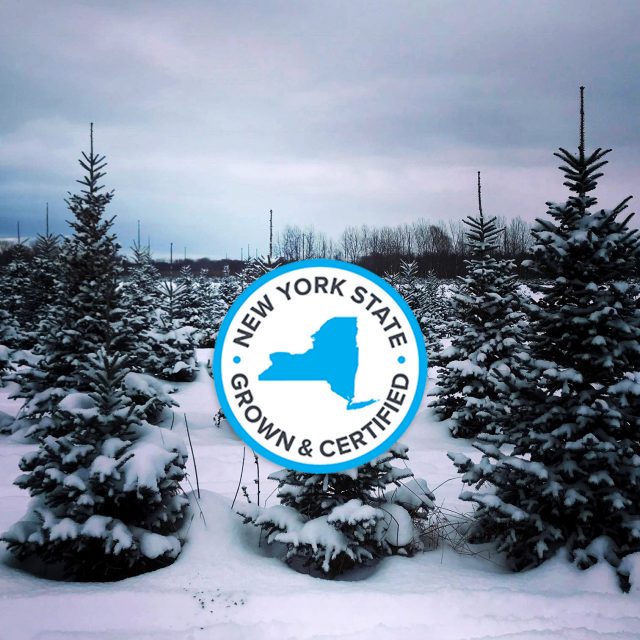 New York State “Grown and Certified” Christmas trees and wreaths will be on display in the state’s regional welcome centers and Taste NY stores, promoting New York’s agricultural and tourism industries.
New York State “Grown and Certified” Christmas trees and wreaths will be on display in the state’s regional welcome centers and Taste NY stores, promoting New York’s agricultural and tourism industries.
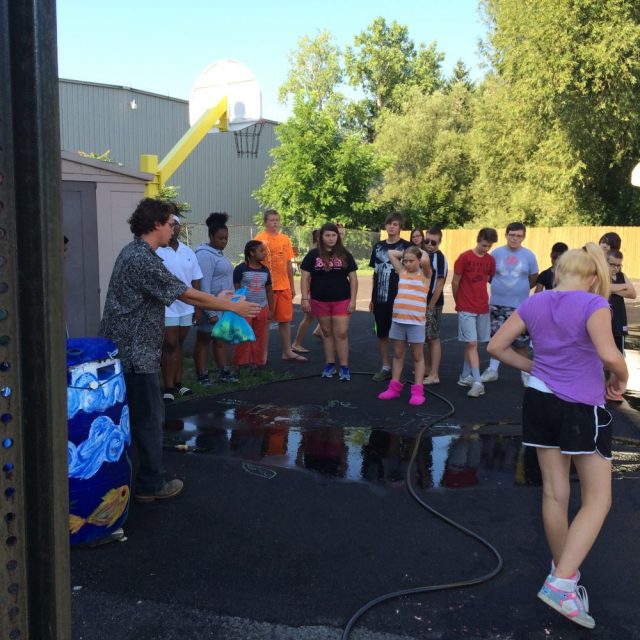
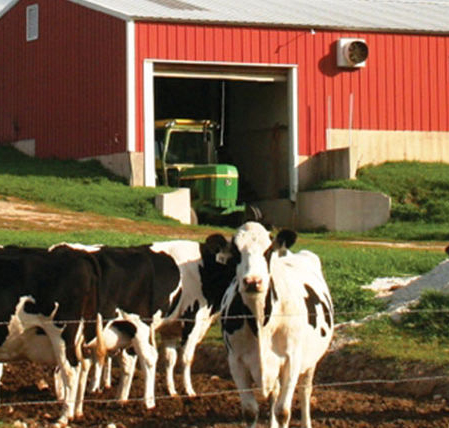 This week Governor Andrew M. Cuomo announced that $16.2 million has been awarded to support agricultural water quality conservation projects across the state.
This week Governor Andrew M. Cuomo announced that $16.2 million has been awarded to support agricultural water quality conservation projects across the state.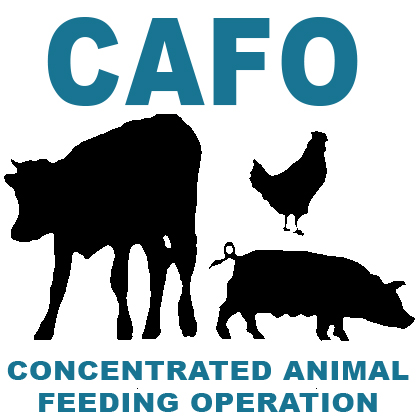

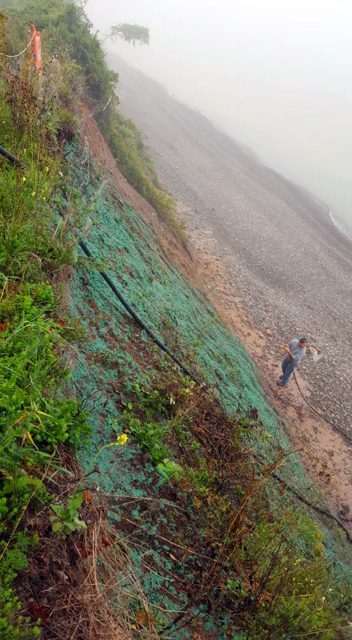 The District began hydro-seeding utilizing an erosion control blanket called Flex Terra HD, made up of biodegradable fiber and supplemented with conservation seed mixed specifically made for fast growth to encourage temporary erosion control on a very steep shoreline slope at the end of Blind Sodus Bay road, on the west side of the Blind Sodus Bay barrier bar a joining Lake Ontario. The residents of this area contacted the Town of Wolcott in August, when it became imminent to them that there was a concern with the loss of the roadway (1 ½ feet from the shoreline), access for public safety vehicles and utility lines, the proximity of the sewer main (12 feet from the shoreline) and potential loss of a barn/storage (15 feet from the shoreline). The shoreline has become a cliff and because it is so close to the road, poses a concern for long term safety for the residents.
The District began hydro-seeding utilizing an erosion control blanket called Flex Terra HD, made up of biodegradable fiber and supplemented with conservation seed mixed specifically made for fast growth to encourage temporary erosion control on a very steep shoreline slope at the end of Blind Sodus Bay road, on the west side of the Blind Sodus Bay barrier bar a joining Lake Ontario. The residents of this area contacted the Town of Wolcott in August, when it became imminent to them that there was a concern with the loss of the roadway (1 ½ feet from the shoreline), access for public safety vehicles and utility lines, the proximity of the sewer main (12 feet from the shoreline) and potential loss of a barn/storage (15 feet from the shoreline). The shoreline has become a cliff and because it is so close to the road, poses a concern for long term safety for the residents.